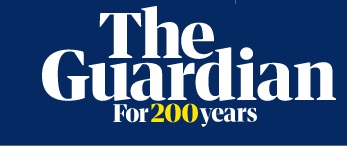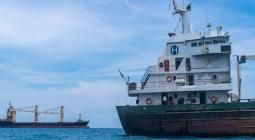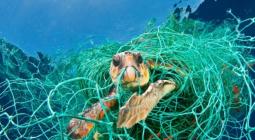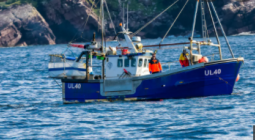UK among nations condemned for ‘epic’ mackerel overfishing disaster
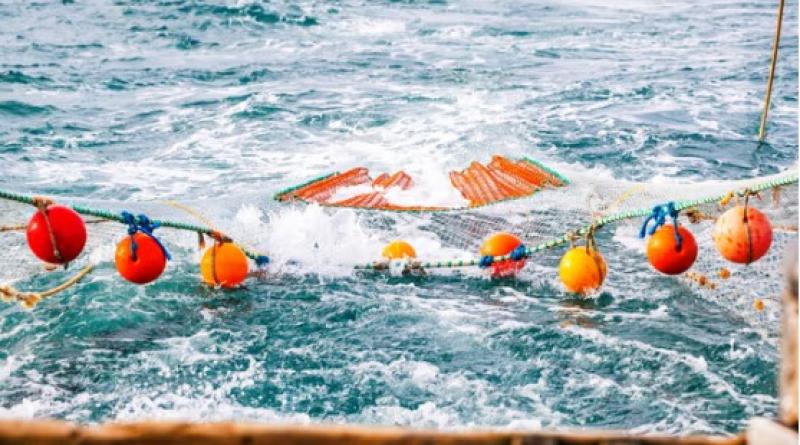
A coalition of British seafood companies and retailers, including Young’s, Tesco, Sainsbury’s, Aldi and Waitrose, has condemned the “collective failure” of the UK, Norway and other states to reach agreement on the sustainable fishing of mackerel in the north-east Atlantic.
Lack of political agreement over a decade has led to an “overfishing disaster of potentially epic proportions”, conservationists say, leading to 44% more fish being caught than is sustainable.
The £1bn industry, the most economically important for the region, is being overexploited due to repeated failures of states to ensure the total catch is in line with scientific advice, say the coalition, the North Atlantic Pelagic Advocacy Group (Napa). Many members, including Youngs, have threatened to stop sourcing from the fisheries if sustainable management is not achieved.
This year, the Marine Conservation Society downgraded the sustainability rating of north-east Atlantic mackerel in its Good Fish Guide because of overexploitation. The Marine Stewardship Council (MSC) withdrew its blue-tick assurance of sustainability in 2019 for the same reason.
“This is a collective failure by the coastal states,” said Neil Auchterlonie, project lead for Napa, a coalition of 50 retailers and suppliers set up in 2019 after MSC certification was lost. “There is a real frustration around the fact that there is no movement on this.”
At a meeting of the North East Atlantic Fisheries Commission this week, Napa called for urgent agreement or a binding dispute resolution mechanism to be put in place.
While the countries agree in principle to the total catch limits set by the International Council for the Exploration of the Sea, the scientific body that advises governments, their lack of agreement on quota allocation has meant states have set quotas unilaterally and these limits are exceeded.
Last month, Napa wrote an open letter to government ministers in the UK, EU, Norway, Iceland, the Faroe Islands, Greenland and Russia, urging them to “stop overfishing” and come to a “sustainable and unanimous” agreement on mackerel, herring and blue whiting quotas for 2024.
But, after consultations between all the states with the exception of Russia, they released a statement regretting they “had not yet been able to come to an agreement, despite having made some good progress” and would reconvene by early 2024.
Charles Clover, author and co-founder of the Blue Marine Foundation, said: “This is an overfishing disaster of potentially epic proportions and they are all looking the other way.” He said it reflected badly on all nations, including the UK, which could “lead by example and declare a lower quota”.
“Instead, the UK has negotiated some irresponsibly set quota off Norway and given it to some of the richest people in the fishing business, while the rest of the industry is in decline. Huge fortunes are being made out of fishing the stock irresponsibly.”
Erin Priddle, regional director for the Marine Stewardship Council in north Europe, said: “You can’t keep fishing above what the science says and expect things to be OK. Fish stocks are susceptible to crashes, as we’ve seen with the collapse of the cod stocks off the Grand Banks in the 90s, or the collapse of herring in the 60s.”
A Defra spokesperson said: “We have exercised considerable restraint in our approach to the long-term management of mackerel stock, setting our quota at levels considerably lower than the stock in our waters and taking a science-based but pragmatic approach throughout the recent coastal state consultations.”
“We will continue to work closely with other coastal states to secure a quota-sharing arrangement.”
Photograph: Vickie Flores/EPA-EFE/Shutterstock
